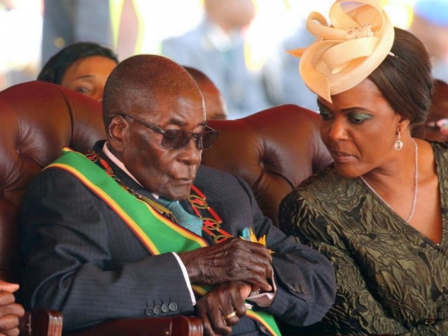×
The Standard e-Paper
Kenya’s Boldest Voice

People who have experienced the brute force that is the trademark of Africa’s military forces will not support a coup. In fact, the African Union is clear in its charter that it does not recognise any leader who seizes power through the barrel of the gun.
It was therefore curious to note that news of President Robert Mugabe’s ouster by his soldiers elicited celebrations instead of the usual condemnation in many quarters.